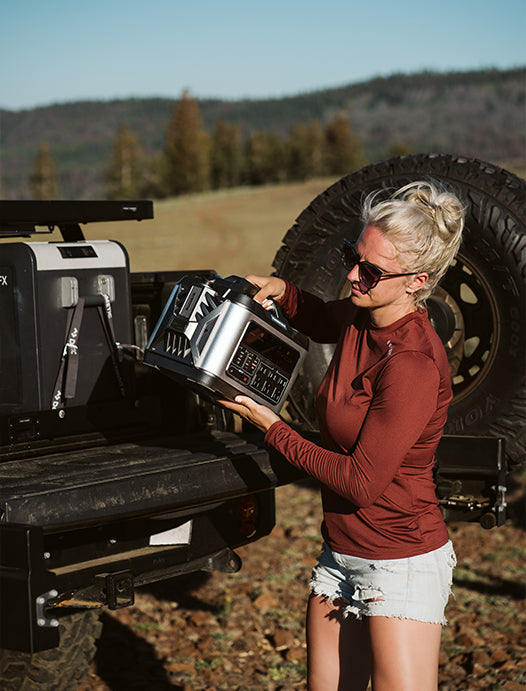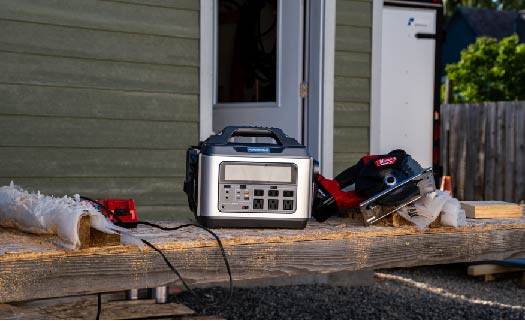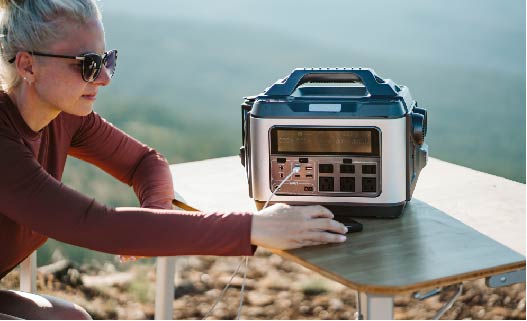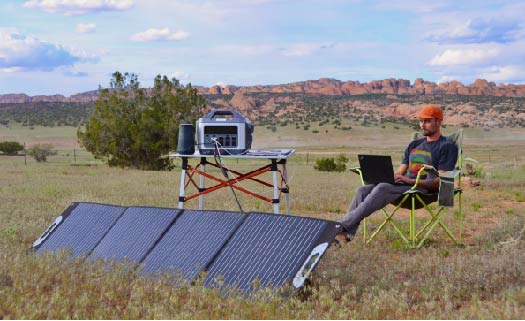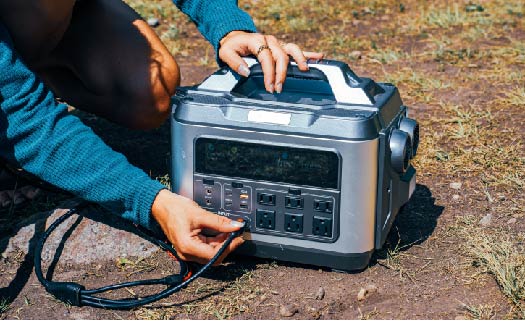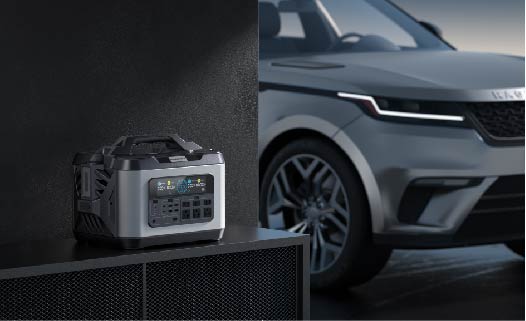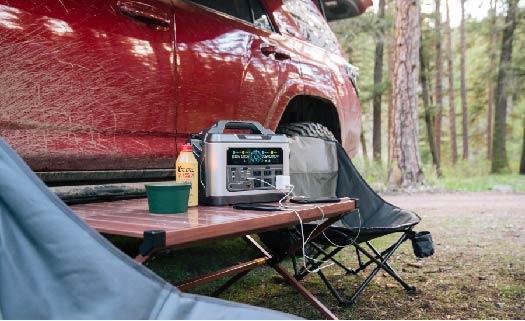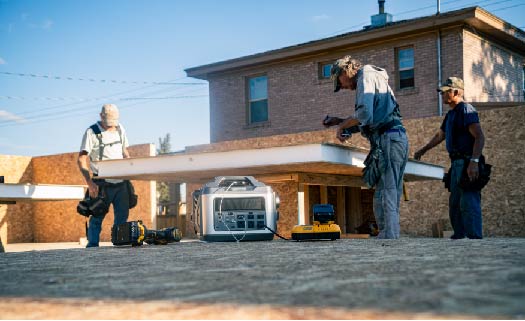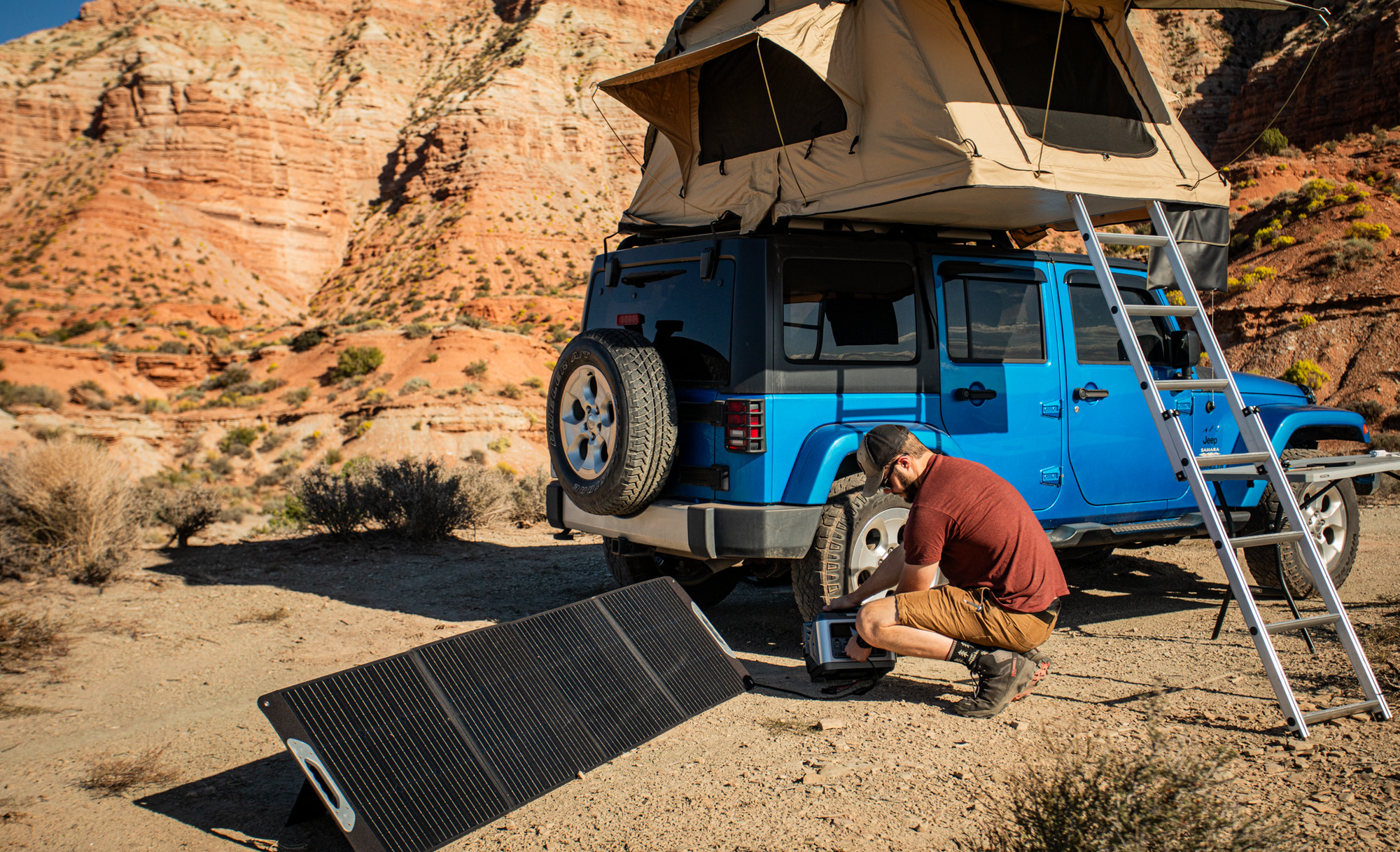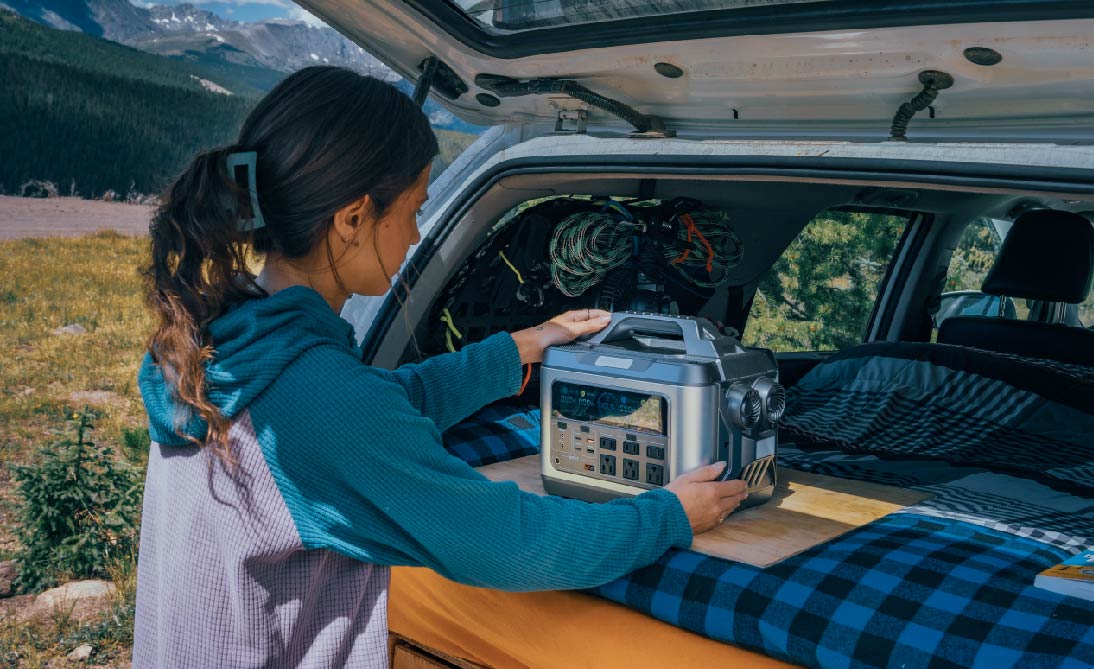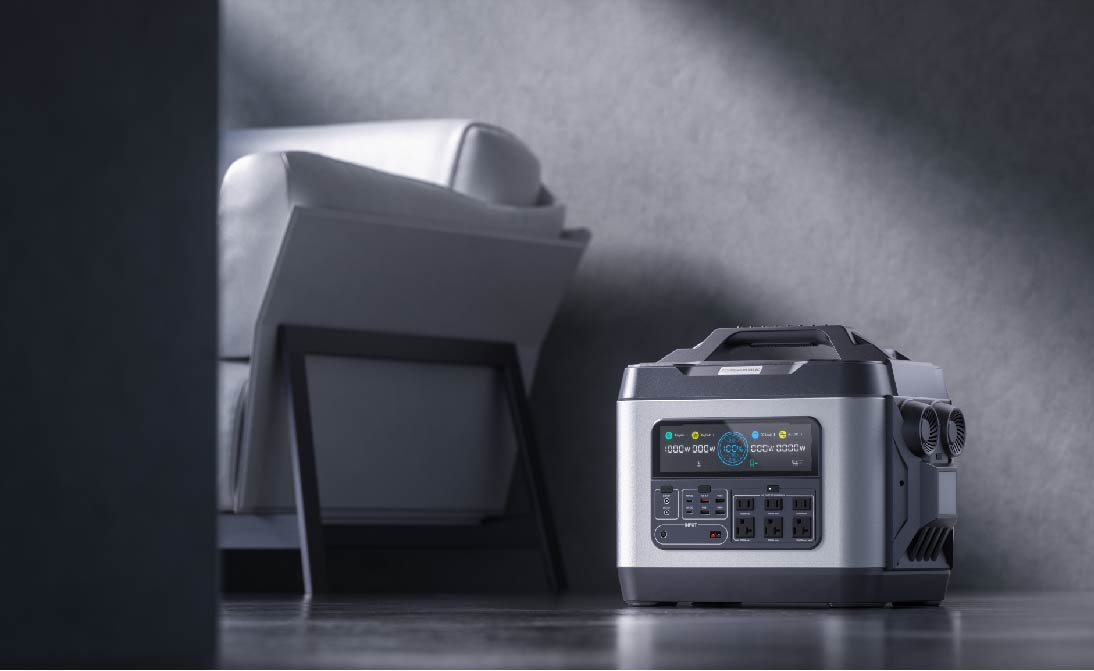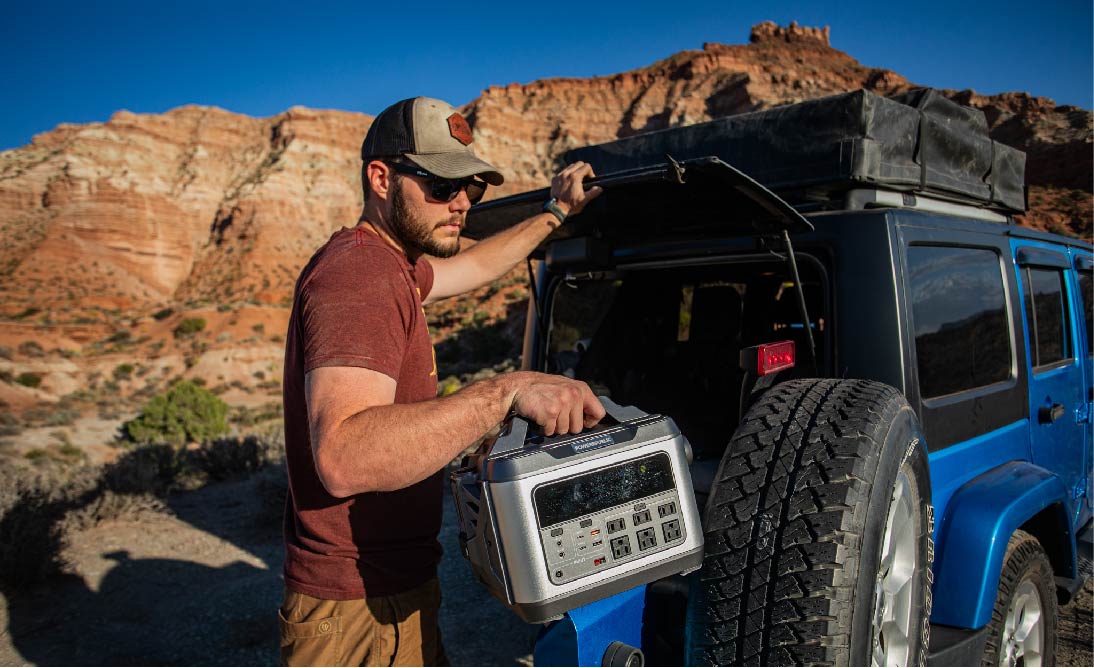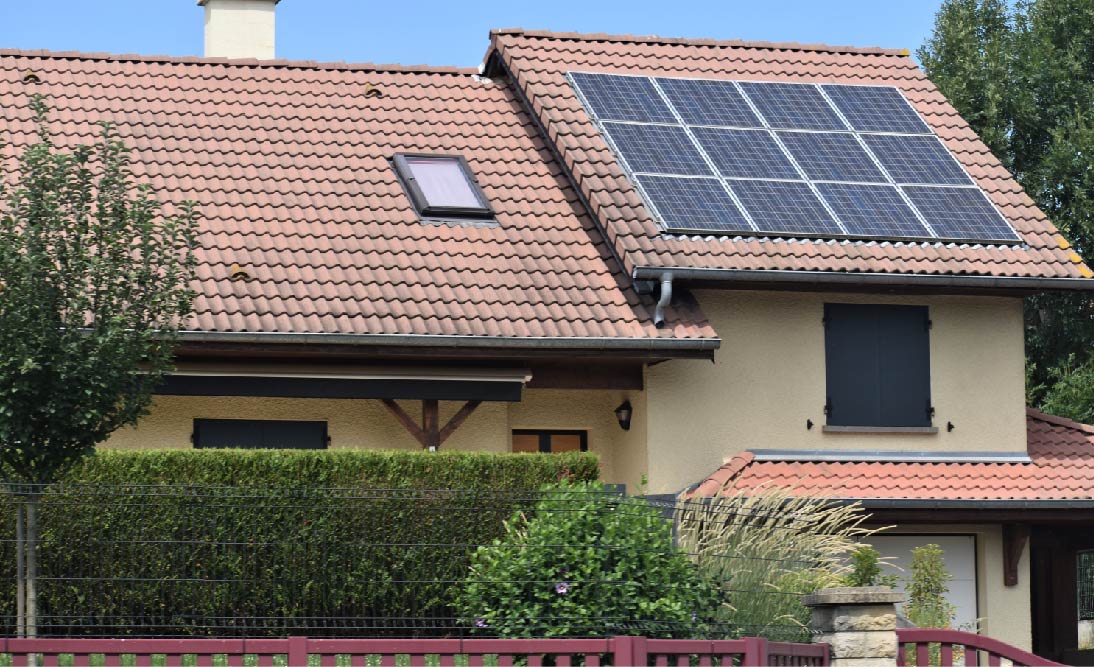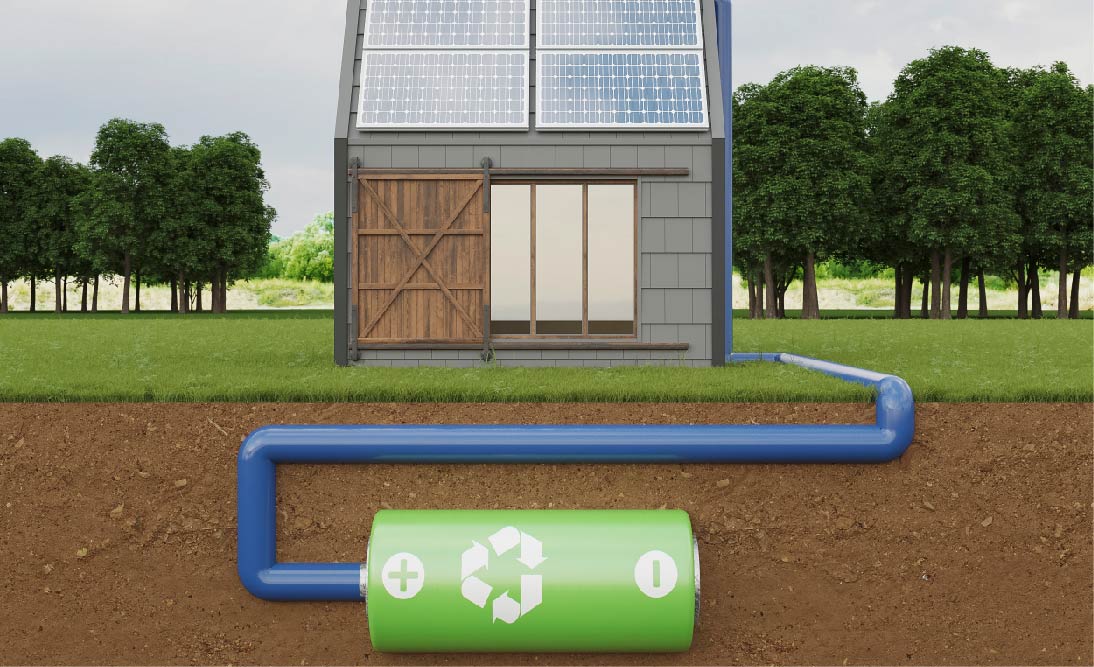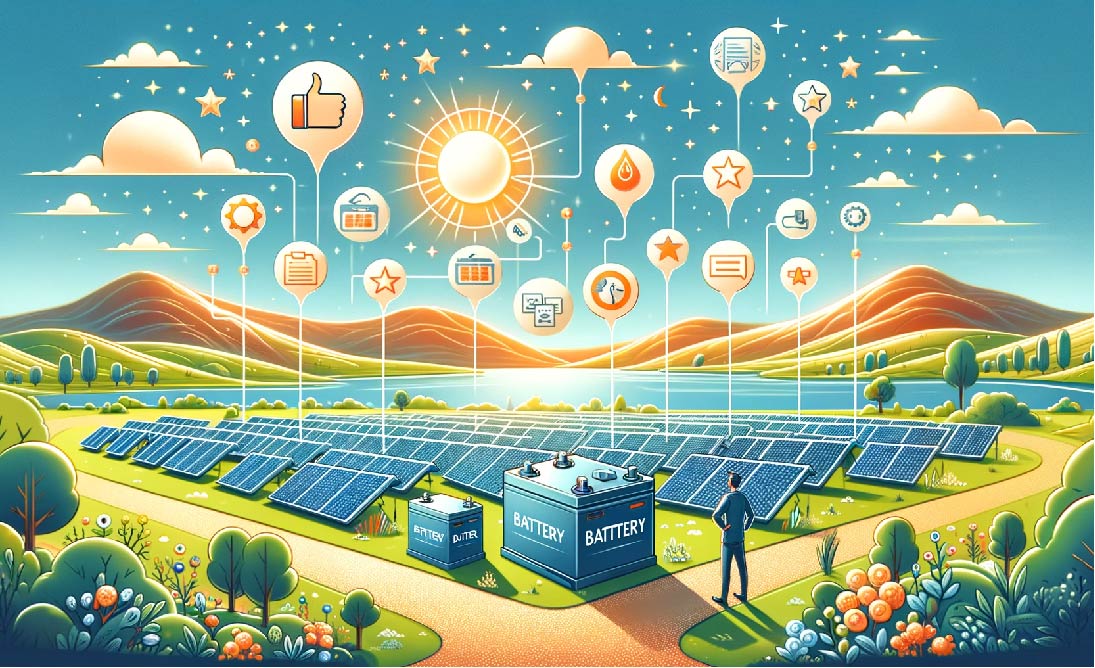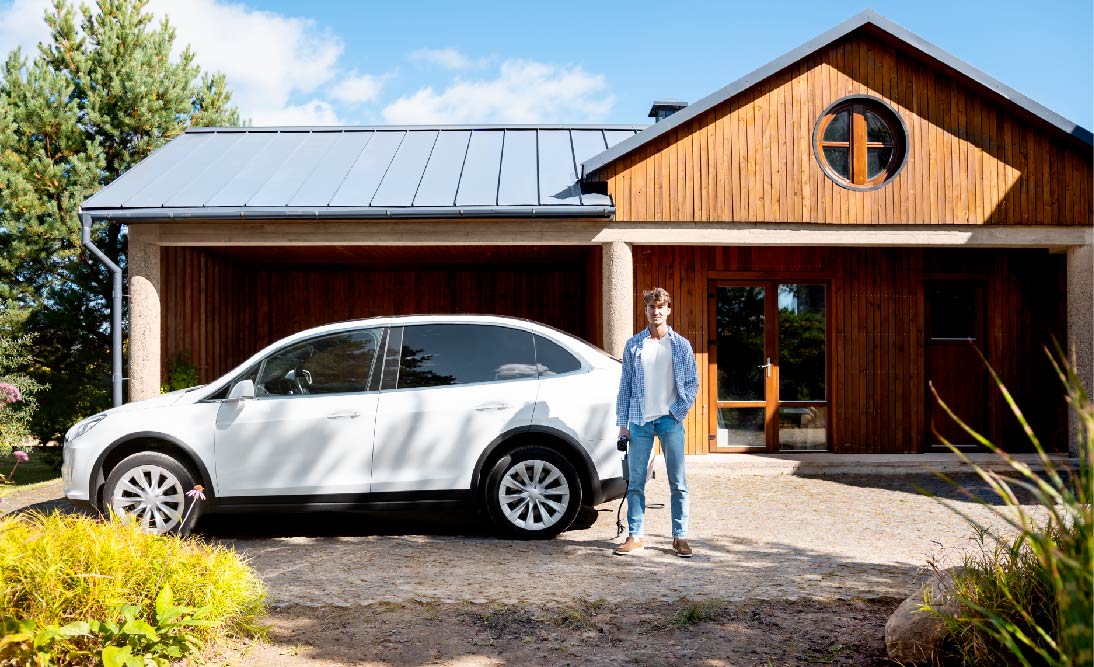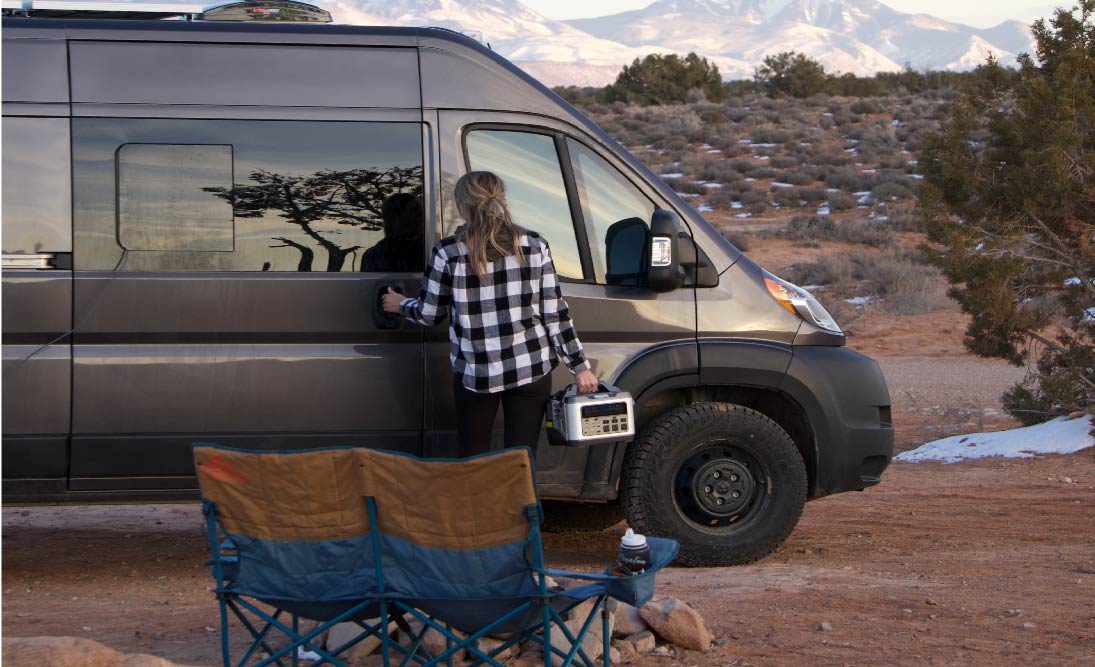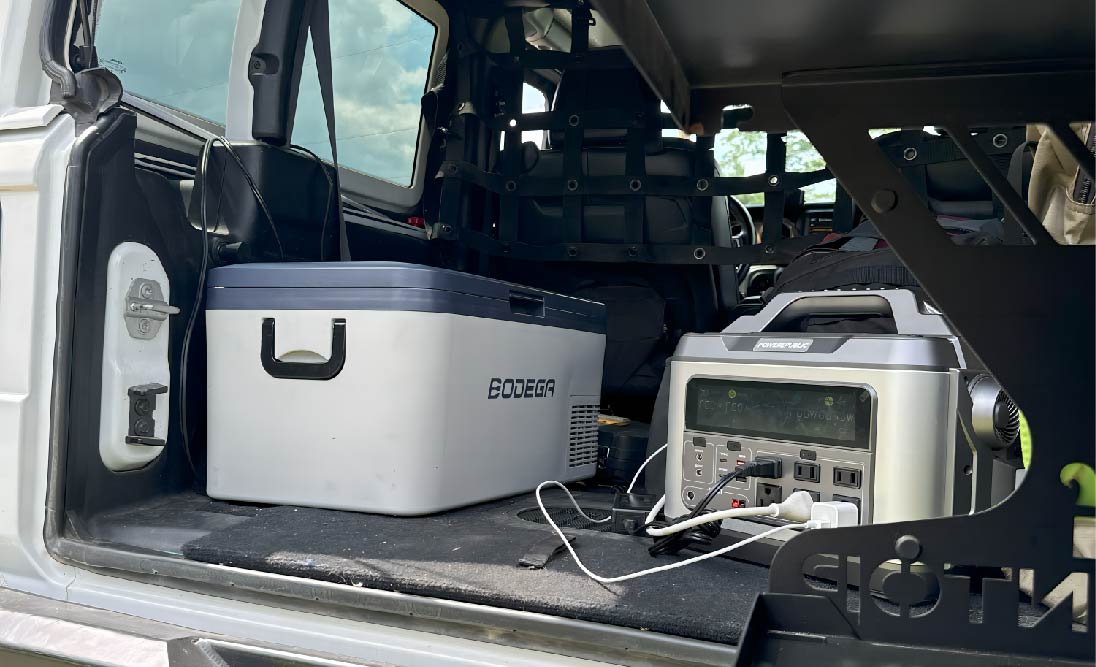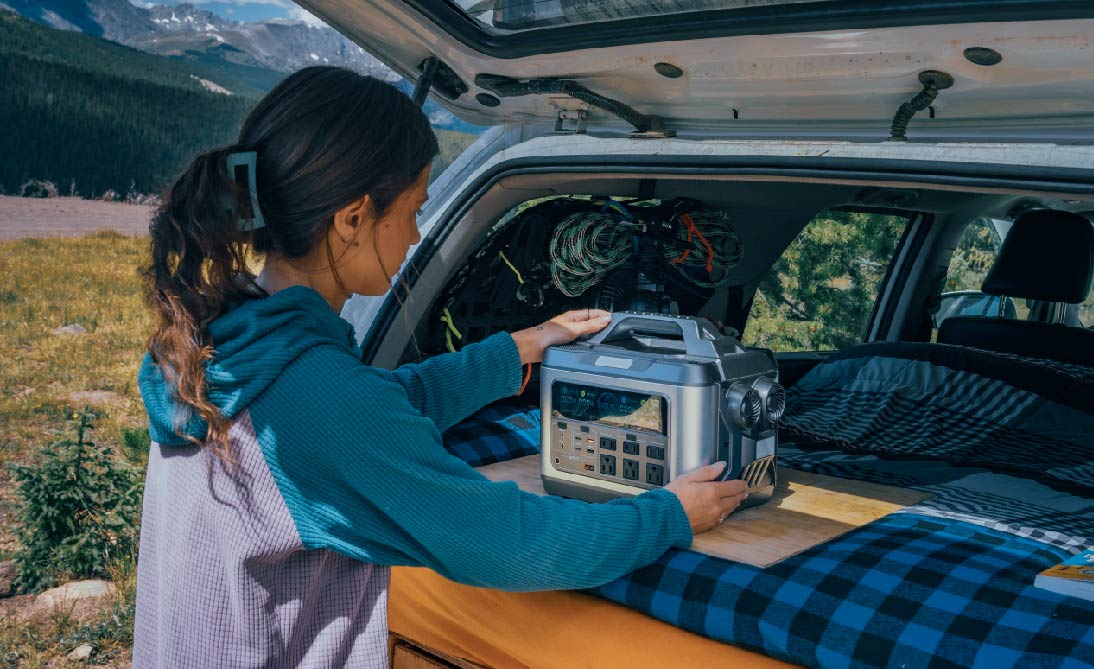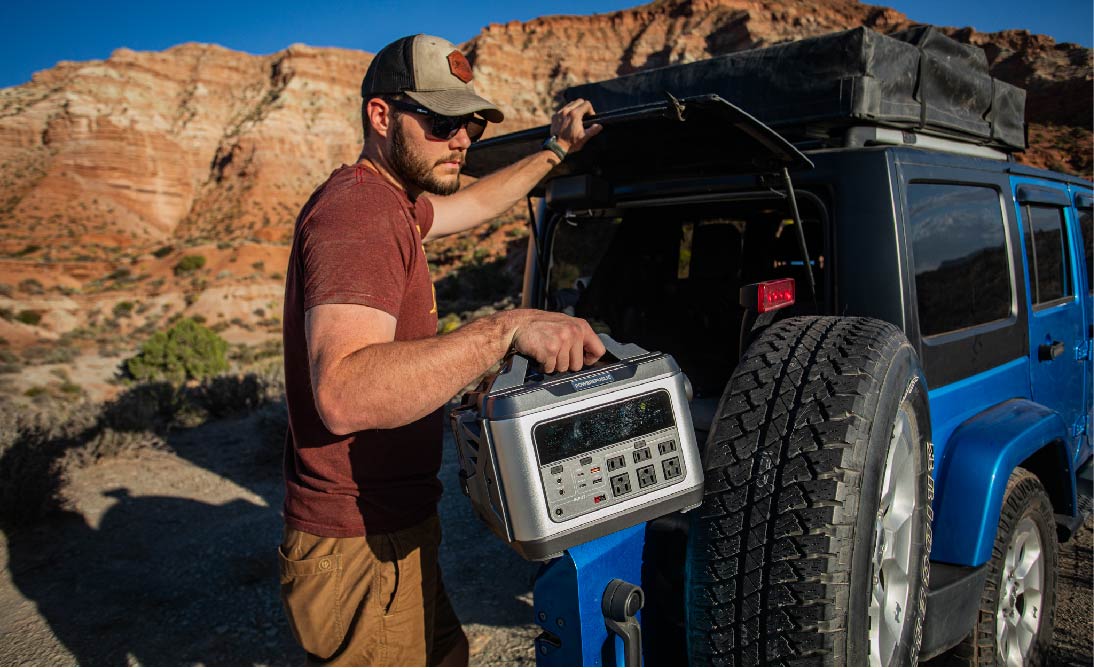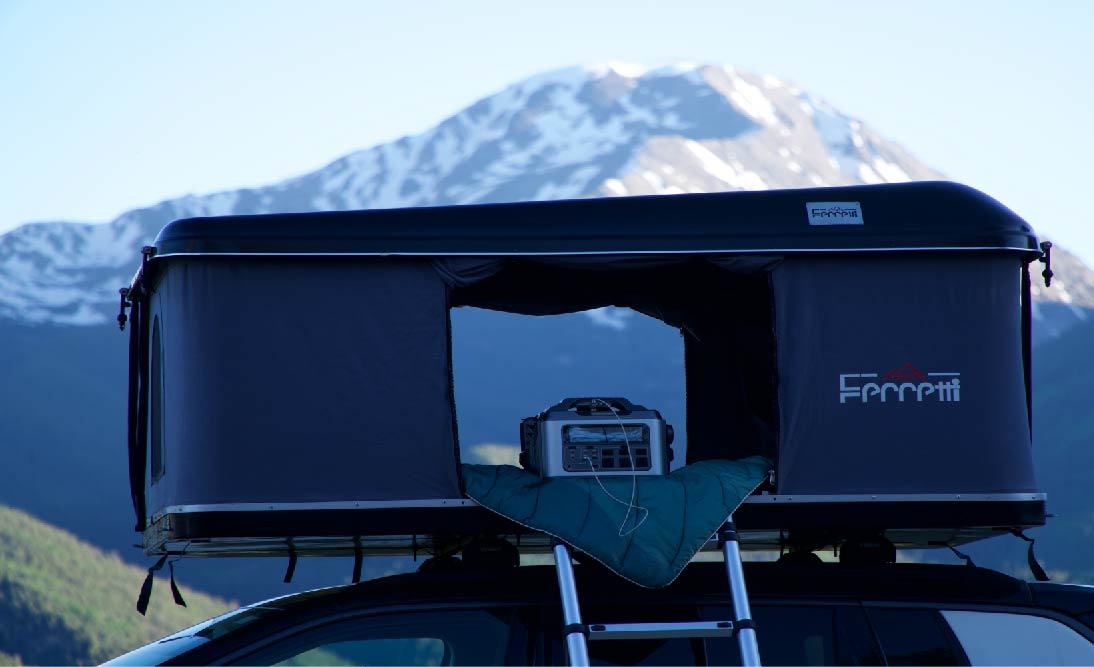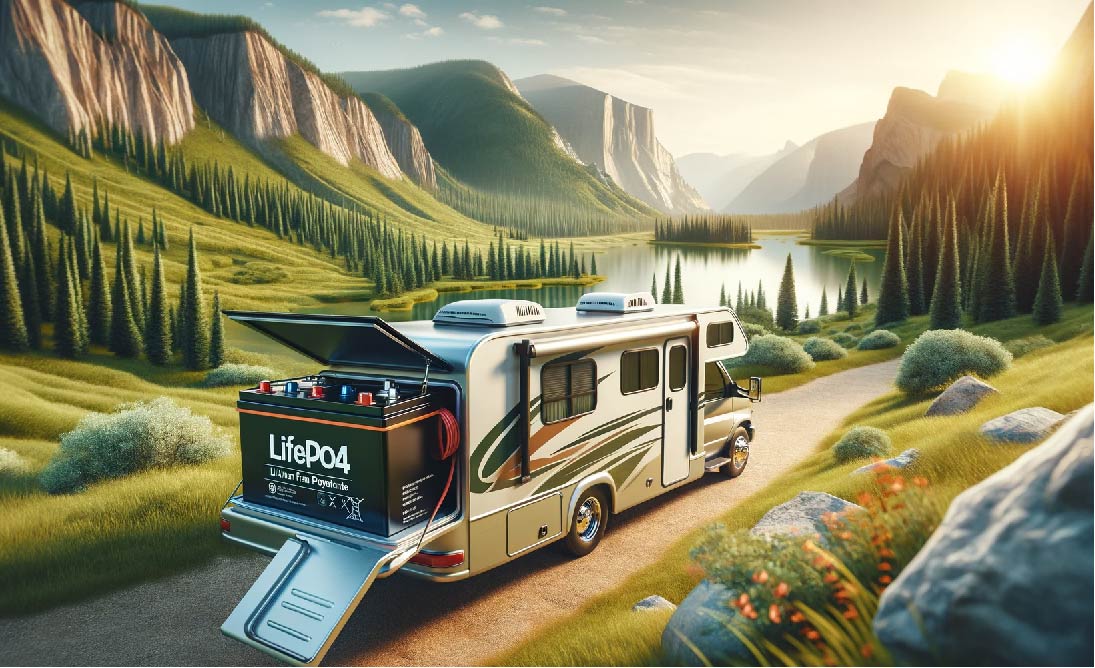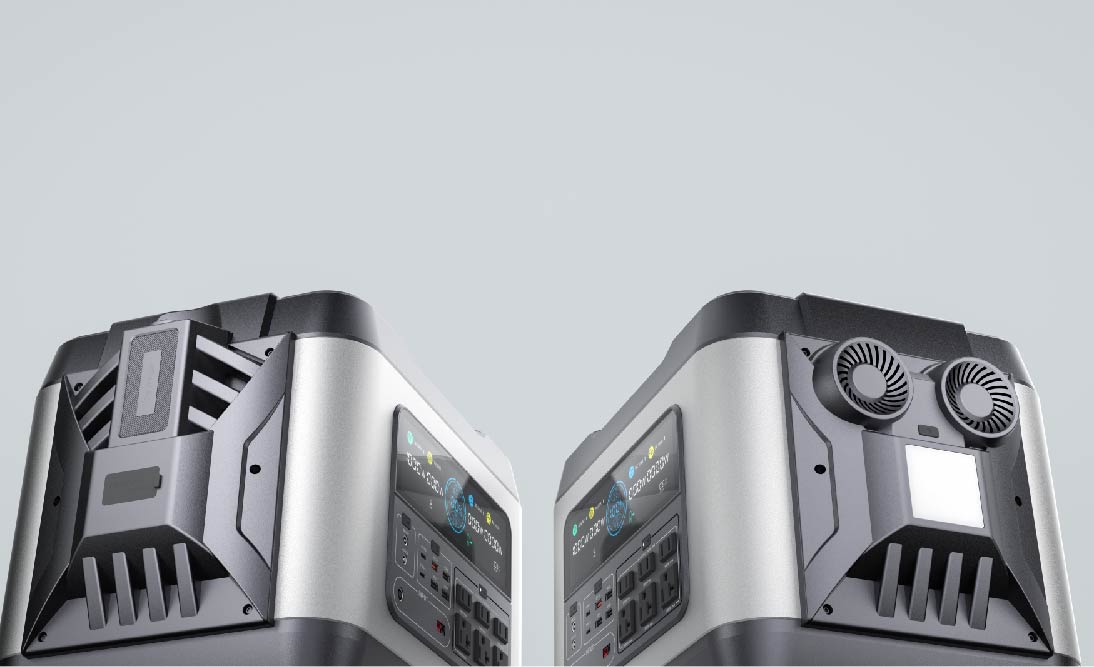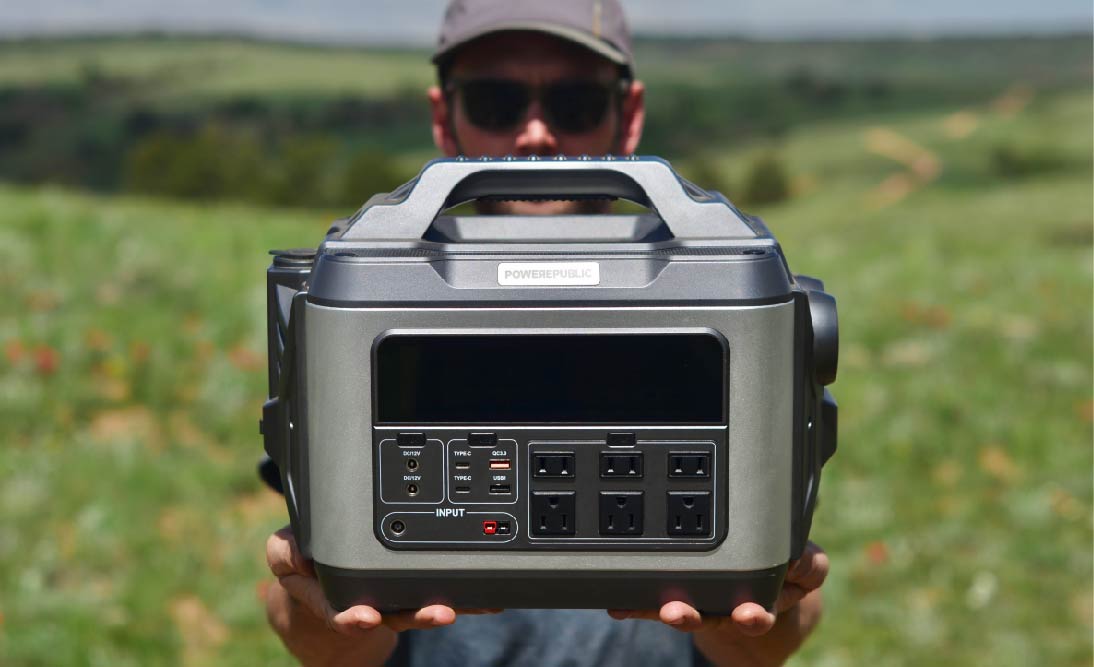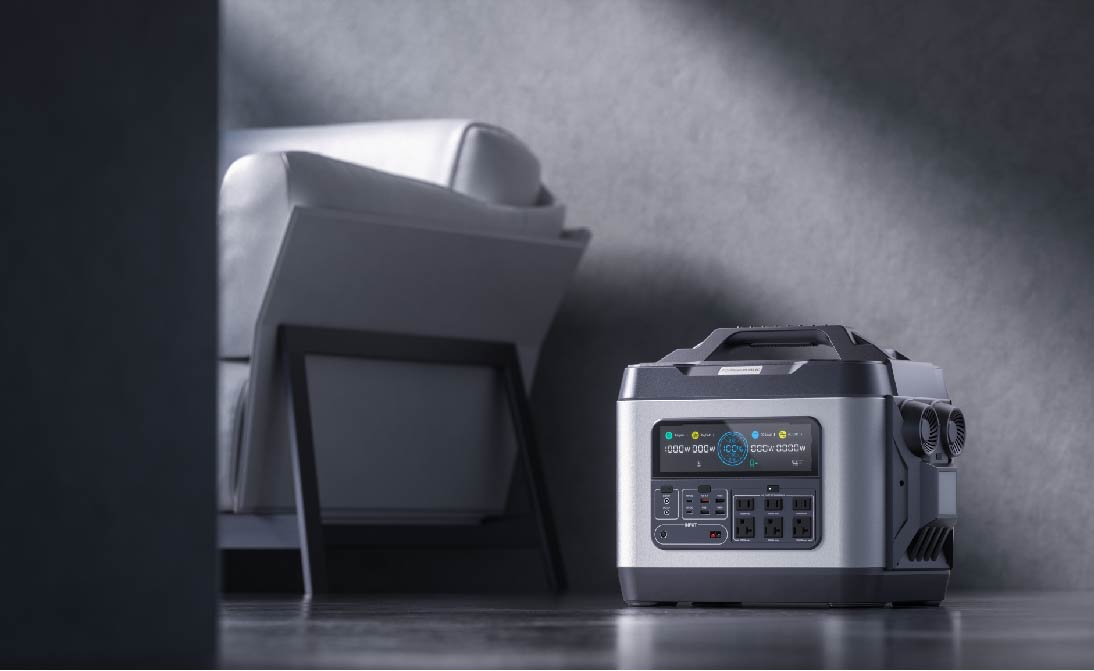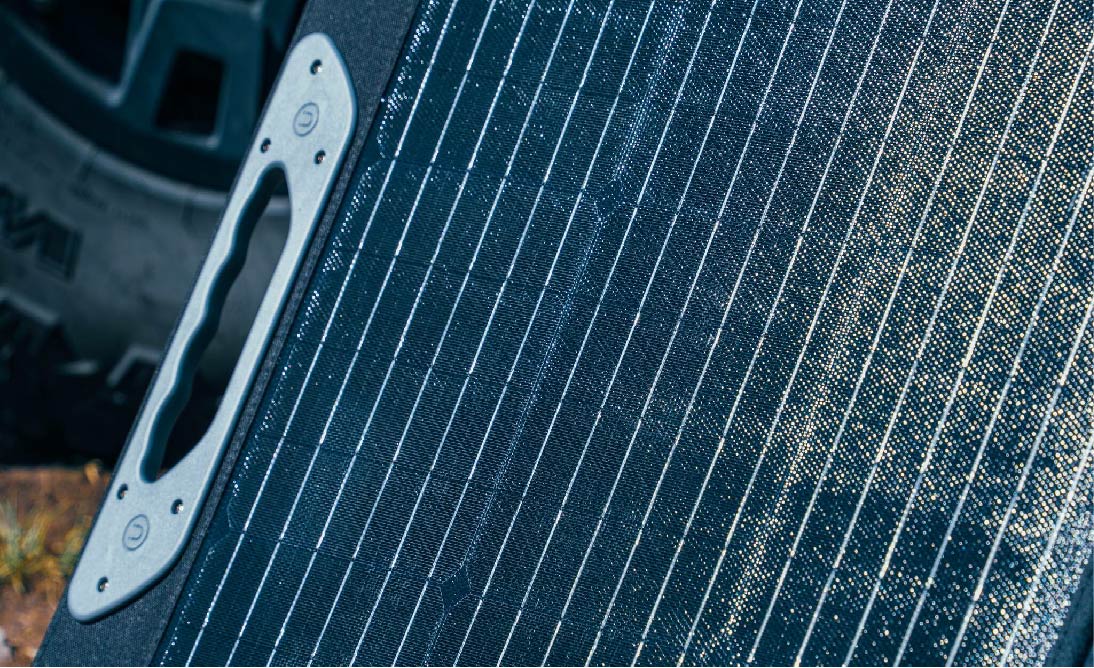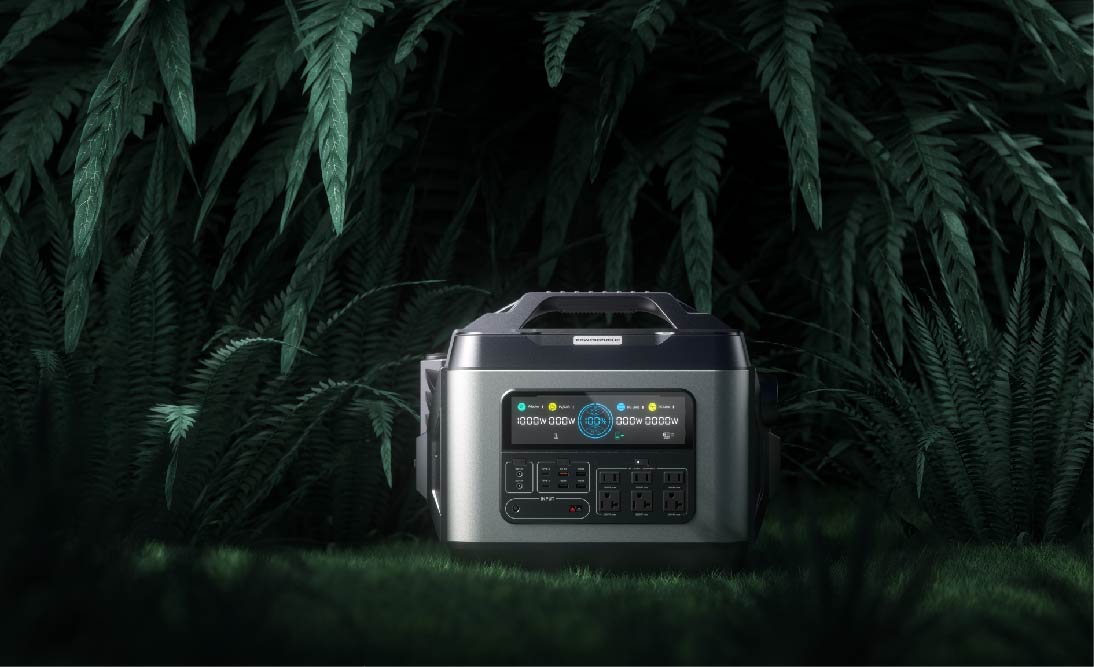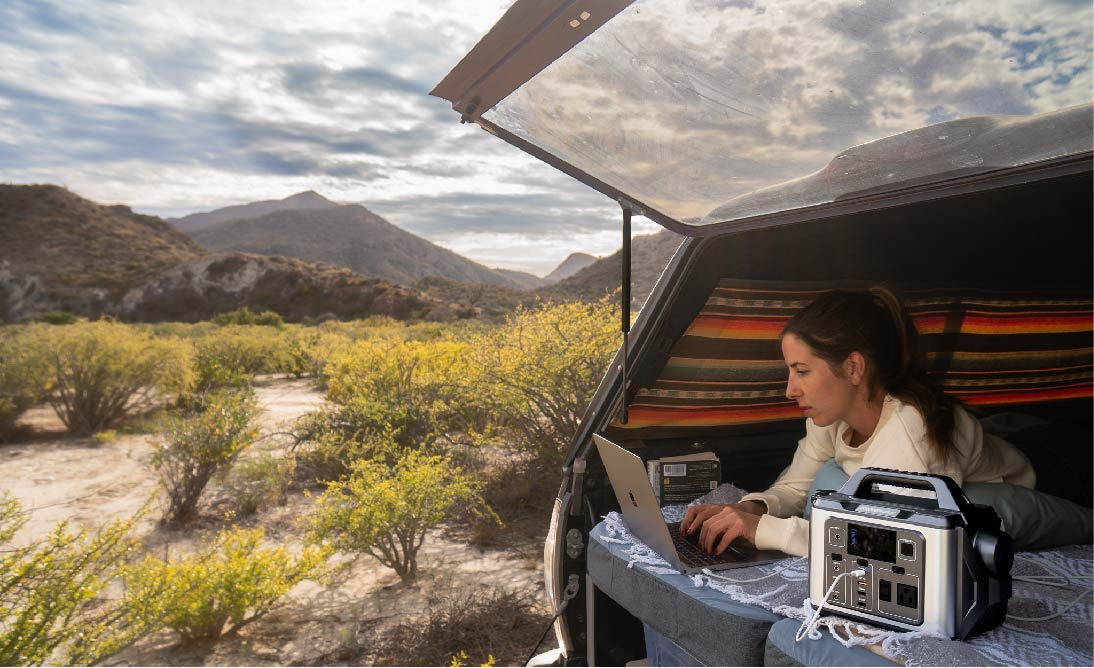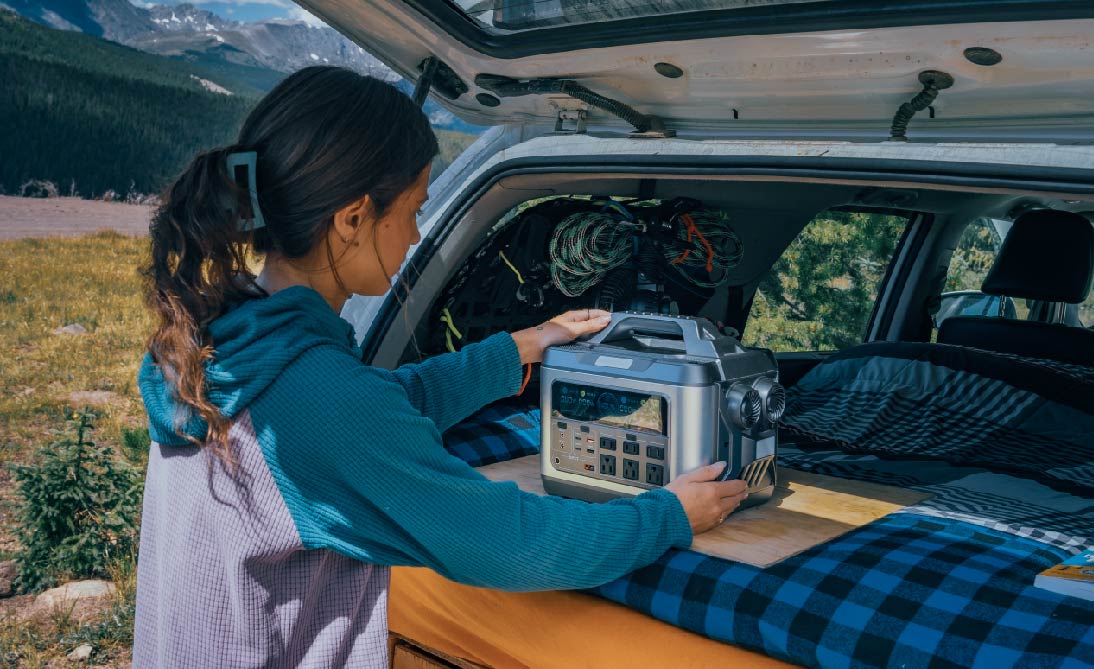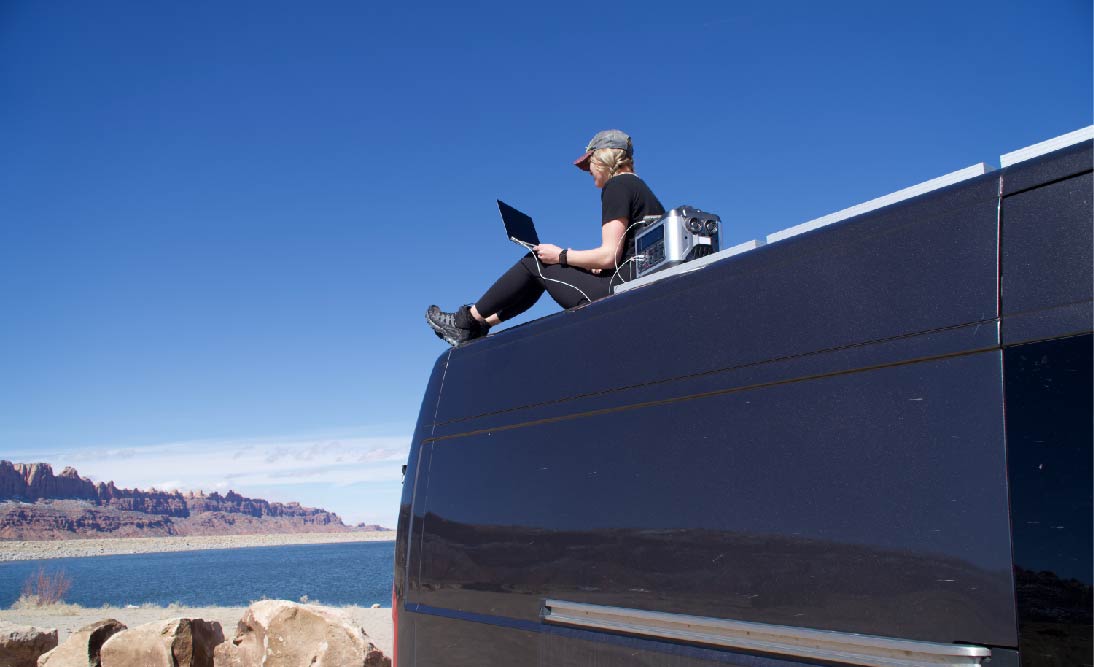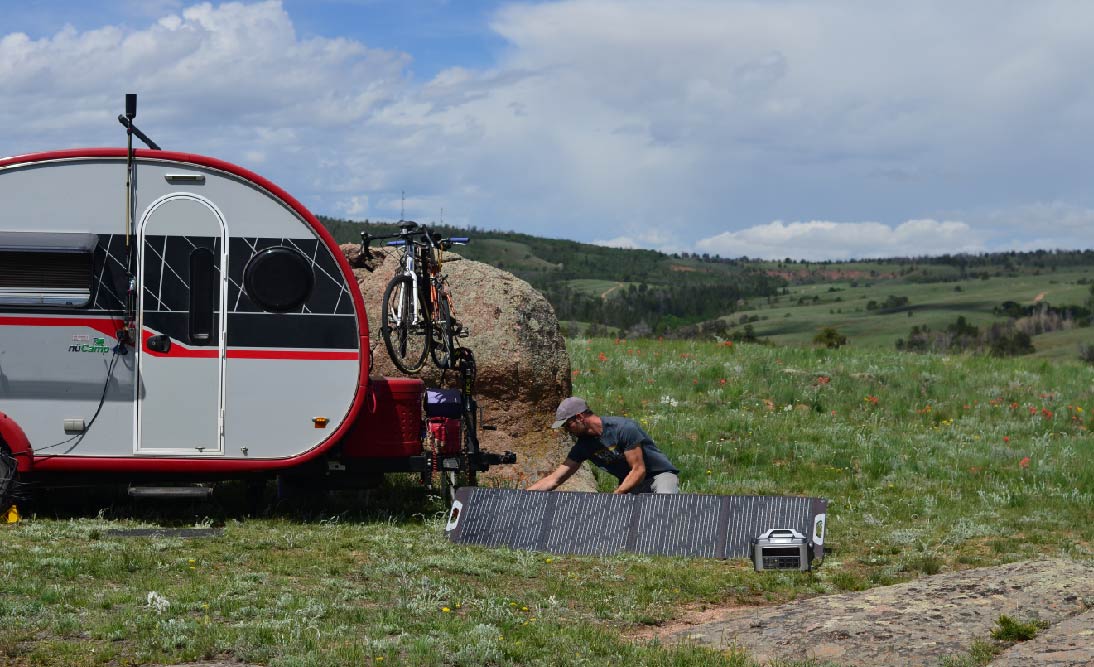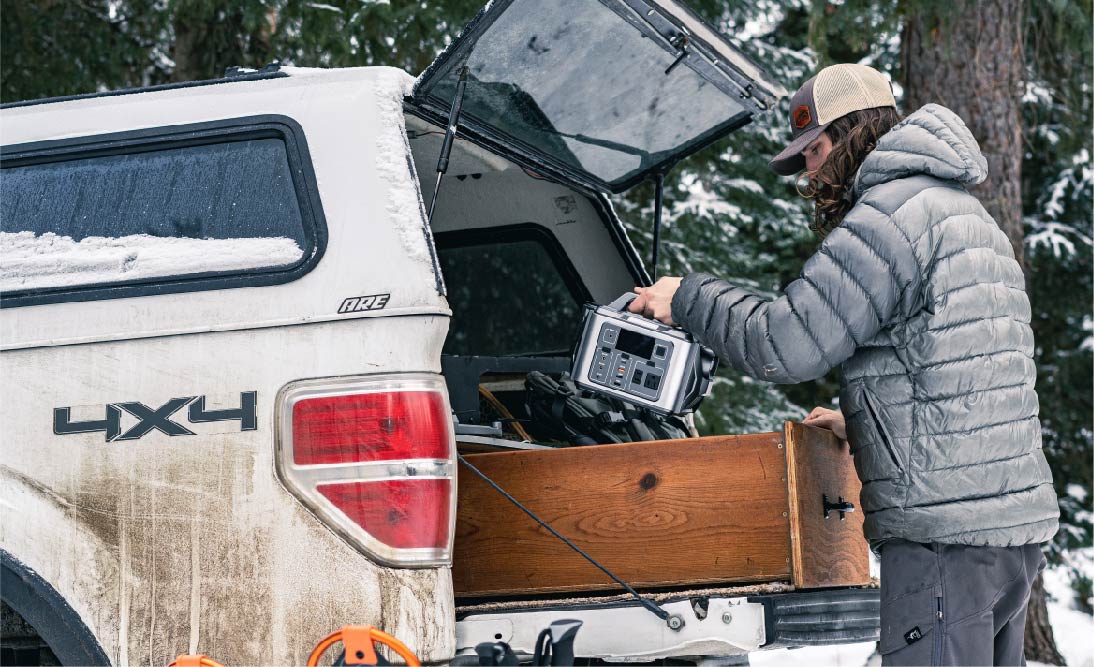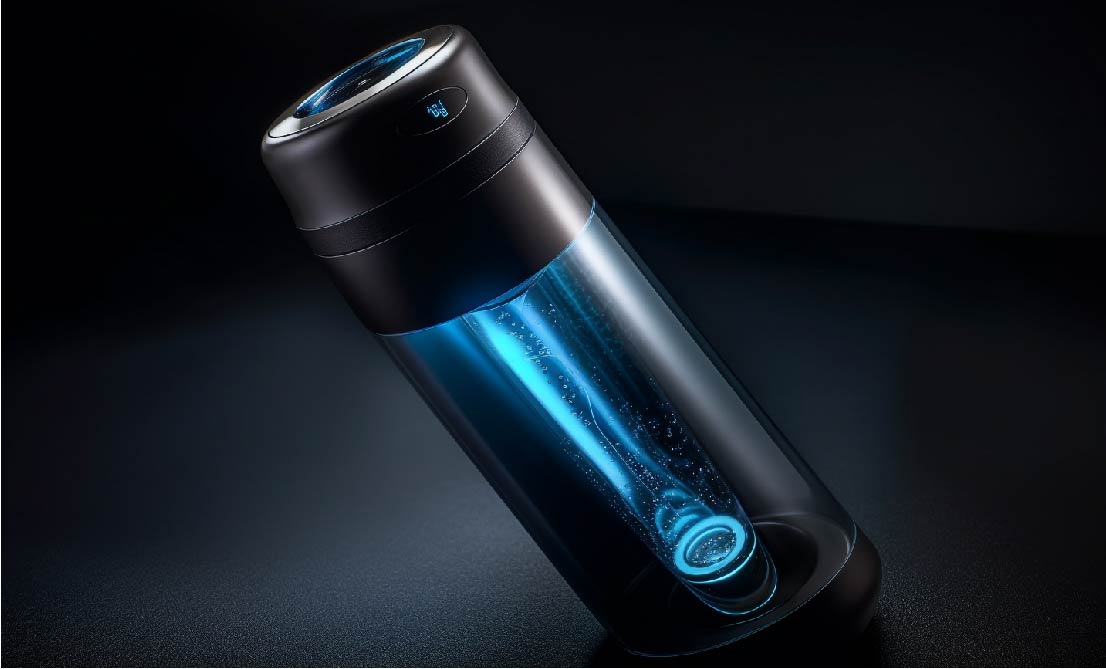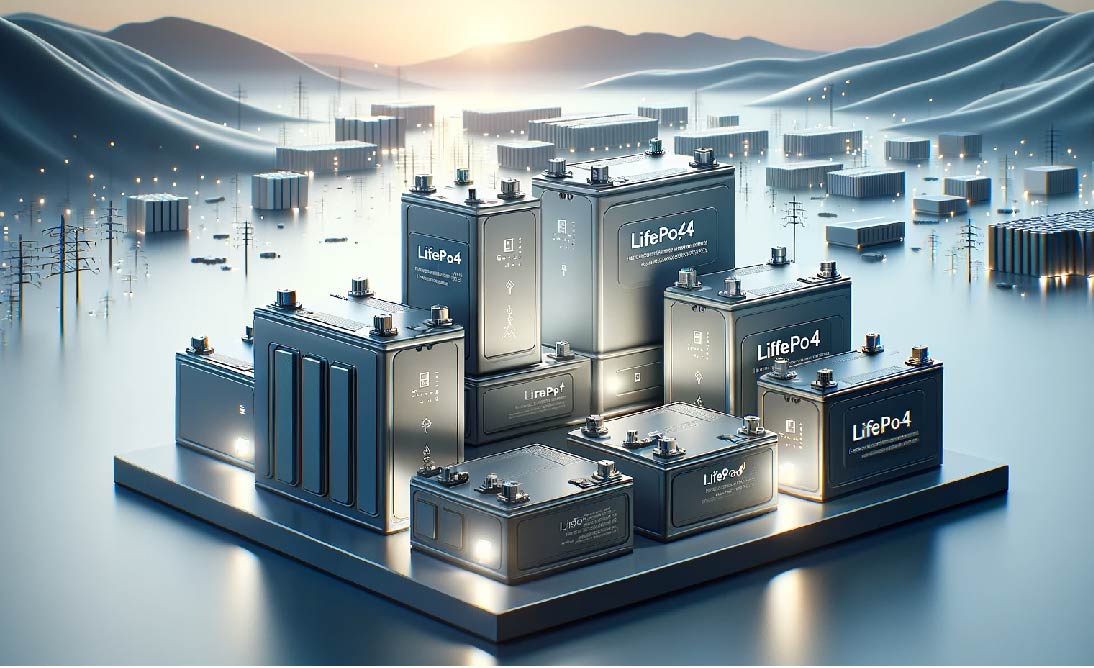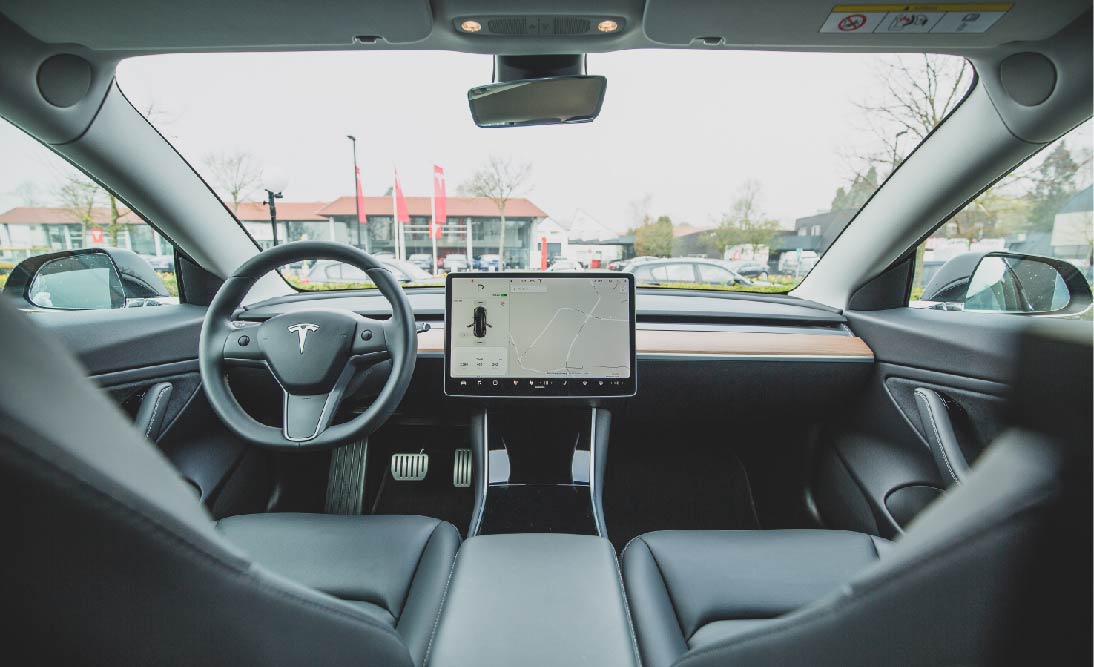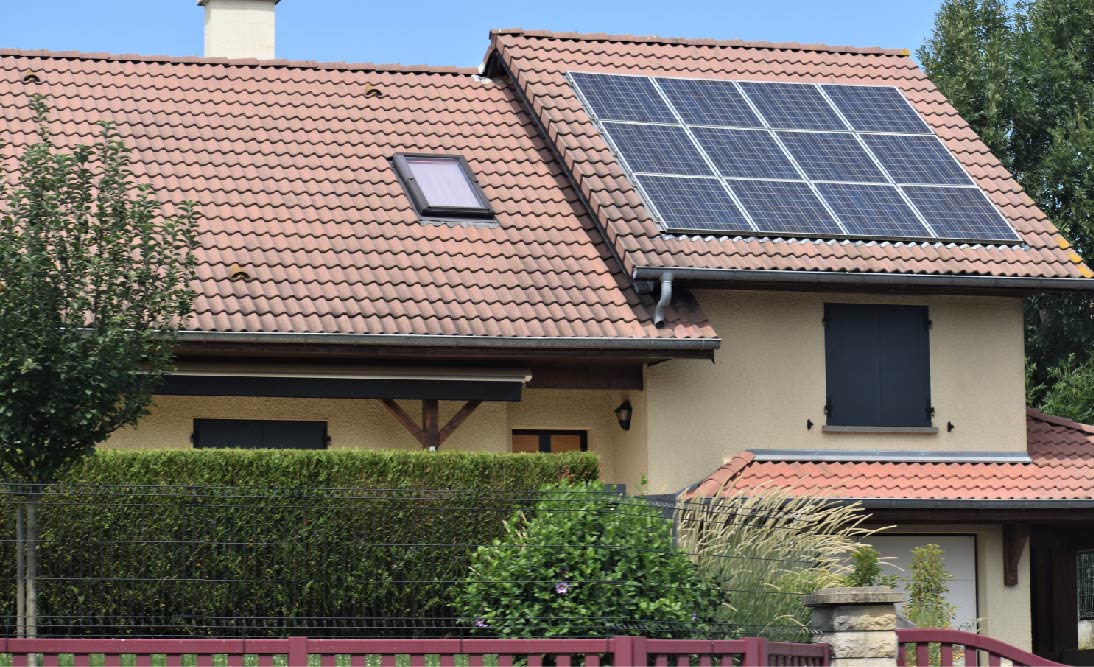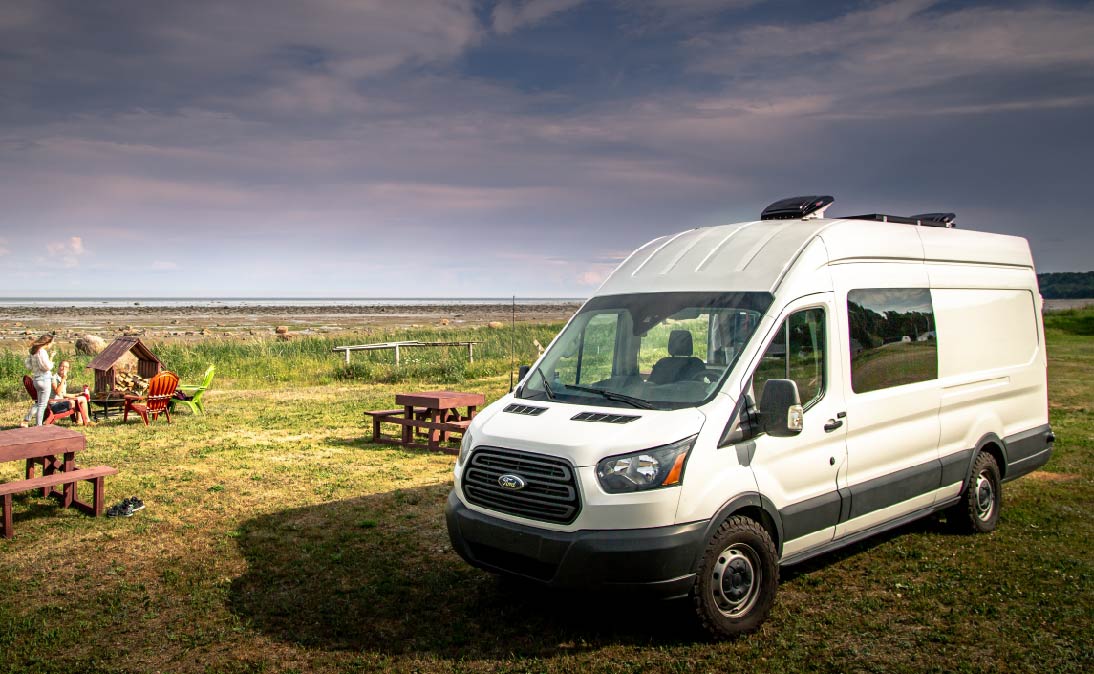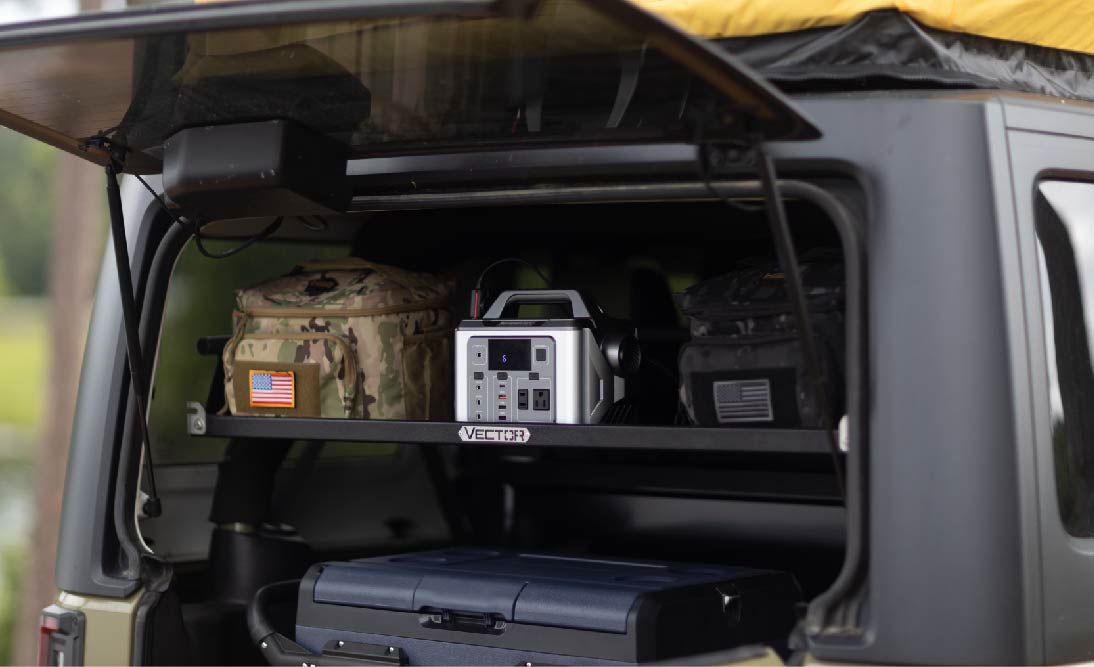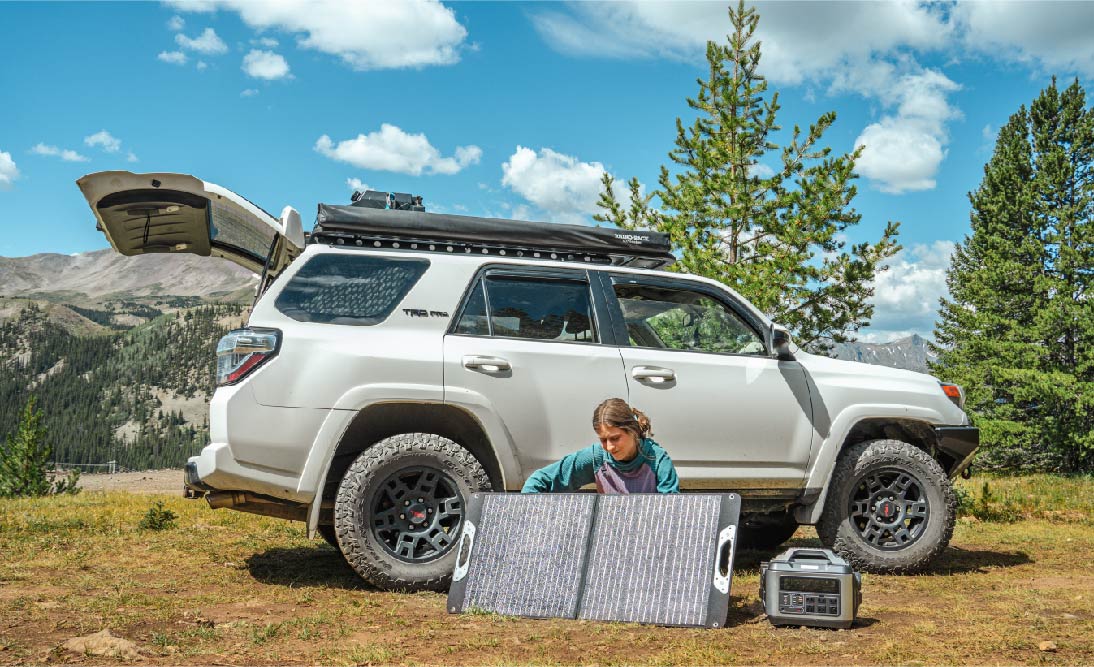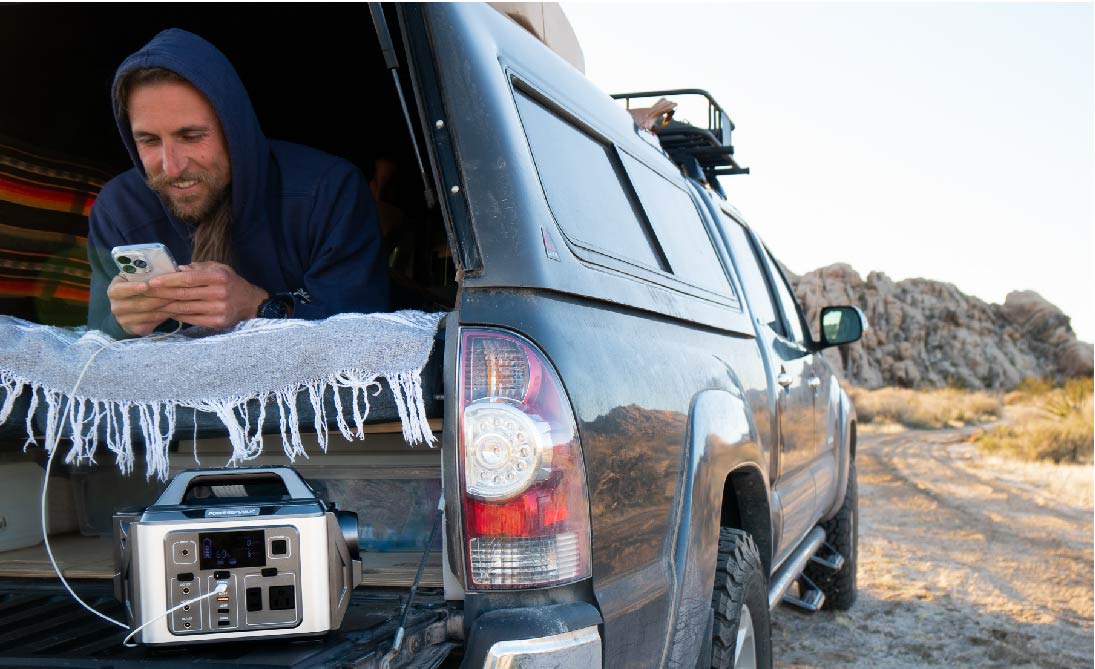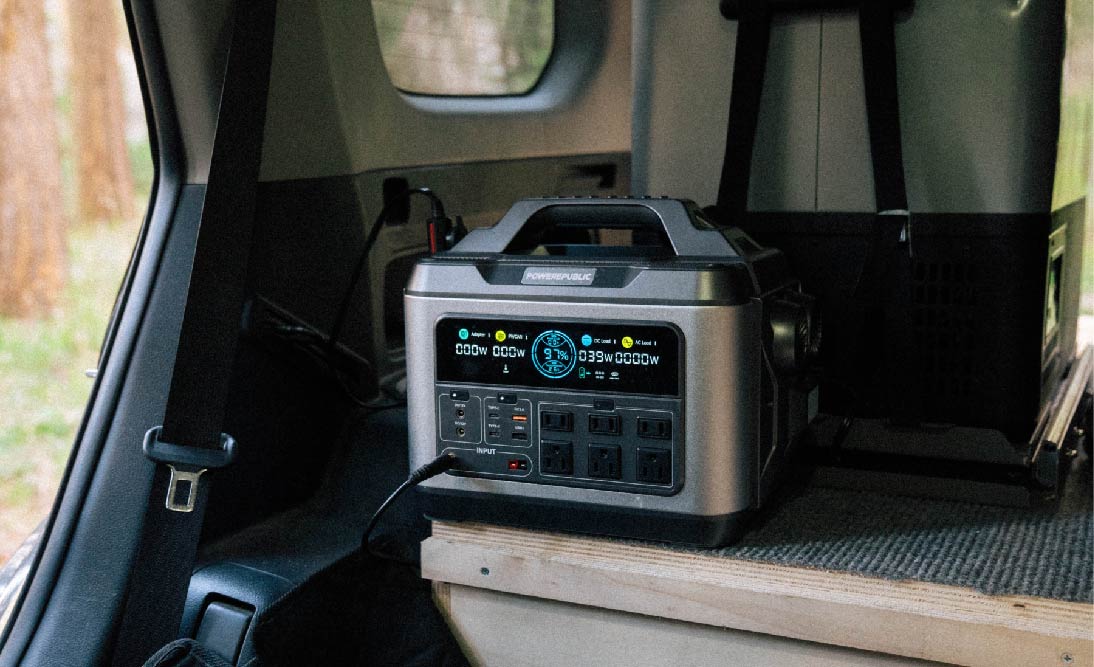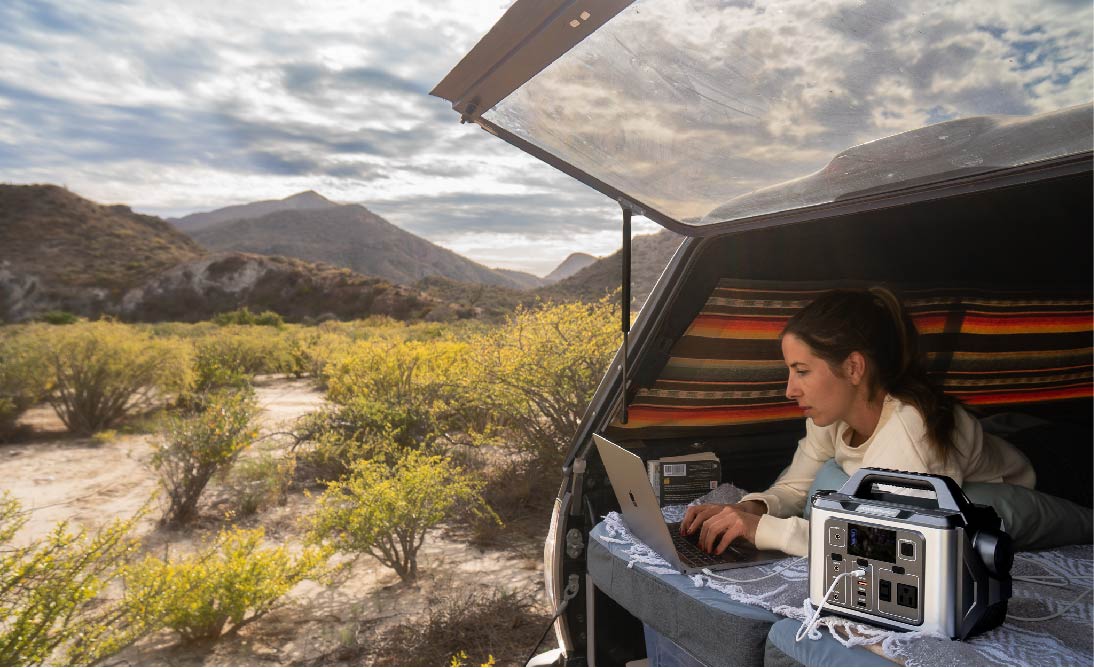Table of Contents:
-
Benefits and Limitations of Using Portable Solar Panels For Camping
-
FAQ III: Can I Use My Portable Solar Panel to Charge My Devices?
For those campers who like to explore the outdoors frequently, having enough power to back up your devices is extremely essential. Campers will need cell phones to stay connected, GPS machines to navigate, cameras to capture great moments, and so forth. That’s where portable power banks and portable solar panels come into play. Having them will ensure campers have enough power on the go.
We are going to talk about portable solar panels for campers, their pros and cons, suggest POWEREPUBLIC portable solar panels, and address some other questions. We aim to help campers select the ideal portable solar panels for their camping and hiking trips.
Portable Solar Panel Overview
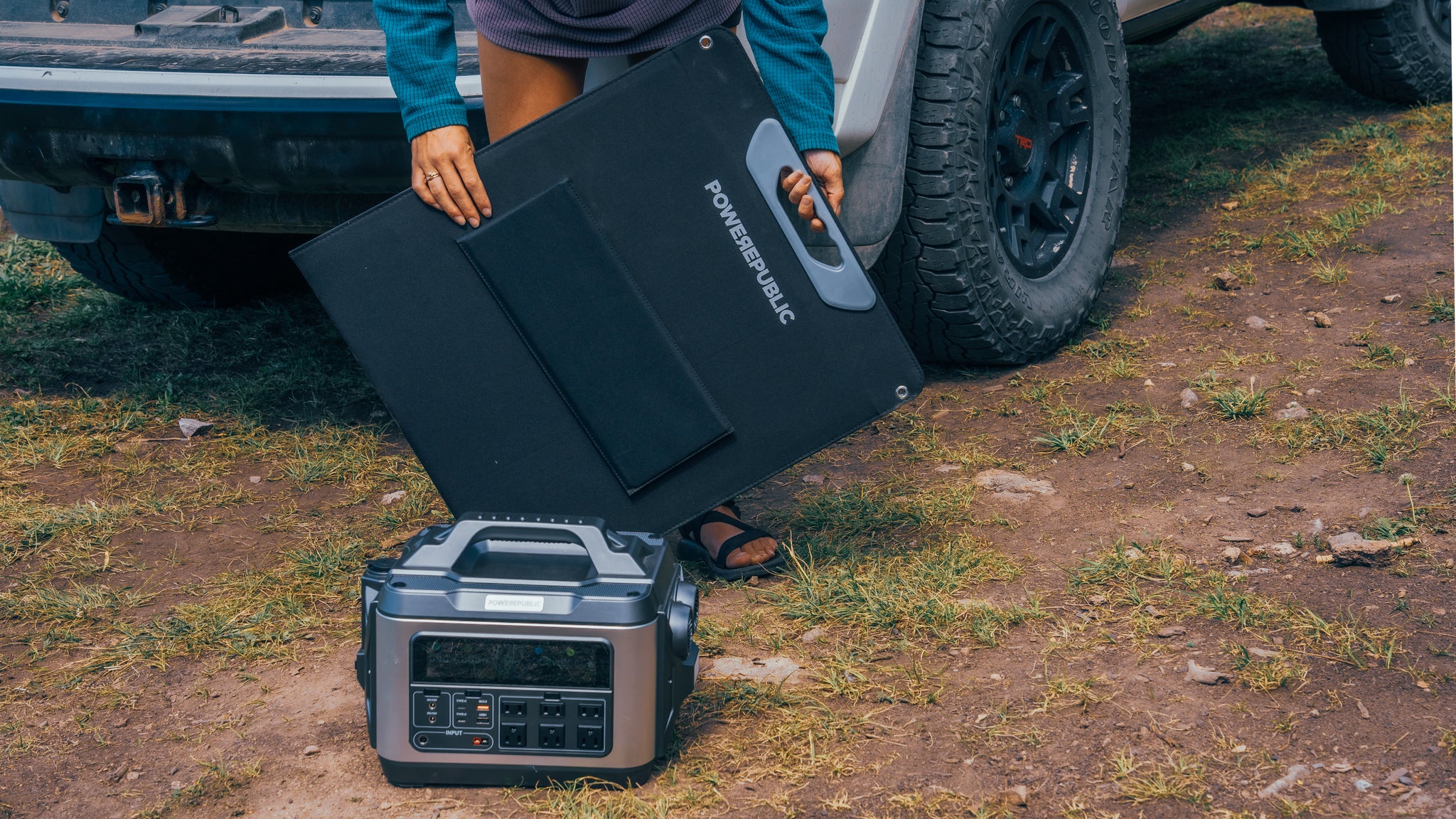
Portable solar panels have become indispensable tools for outdoor enthusiasts, campers, hikers, and adventurers seeking sustainable power solutions. These compact and lightweight devices harness energy from the sun, providing a convenient and eco-friendly way to charge electronic devices during outdoor activities.
Key Features
-
Compact Design: Portable solar panels are designed to be lightweight and easy to carry, making them ideal for on-the-go power needs. They often come in foldable or rollable formats for enhanced portability.
-
Versatile Charging: These solar panels are equipped with USB ports or other charging interfaces, allowing campers to power a variety of devices such as smartphones, cameras, GPS devices, power banks, and more.
-
Off-Grid Power: Ideal for off-grid locations, portable solar panels enable campers to generate electricity in remote areas where traditional power sources may be unavailable.
-
Solar Conversion Technology: Most portable solar panels use efficient solar conversion technologies like monocrystalline or polycrystalline cells to maximize power generation from sunlight.
-
Weather Resistance: Built to withstand outdoor conditions, these panels are often designed with durable and weather-resistant materials, ensuring reliable performance in various environments.
-
Foldable and Portable: The foldable or rollable nature of these panels makes them easy to carry in backpacks or attach to the exterior of camping gear, maximizing exposure to sunlight.
Portable solar panels offer a convenient and sustainable solution for powering devices during outdoor adventures, providing campers with the freedom to explore while staying connected and environmentally conscious.
Benefits and Limitations Using Portable Solar Panels For Camping

Understanding these benefits and limitations can help campers make informed decisions about incorporating portable solar panels into their camping gear, ensuring a balance between sustainability, convenience, and practicality.
Benefits of Using Portable Solar Panels for Camping
Renewable Energy Source:
-
Benefit: Portable solar panels harness energy from the sun, providing a renewable and sustainable power source for camping needs.
-
Details: This clean energy option reduces reliance on non-renewable resources and minimizes the environmental impact of traditional power sources.
Independence from Grid Power:
-
Benefit: Campers gain independence from traditional power grids, allowing them to explore remote areas without sacrificing the convenience of electronic devices.
-
Details: This independence is especially valuable for off-grid camping, providing a reliable power source where electrical outlets are unavailable.
Reduced Environmental Impact:
-
Benefit: Solar power is a green energy option, producing electricity without emitting greenhouse gases or pollutants.
-
Details: Choosing portable solar panels contributes to a more eco-friendly camping experience, reducing the camper's carbon footprint.
Cost Savings Over Time:
-
Benefit: While there's an initial investment, portable solar panels can lead to cost savings over time compared to continuously buying disposable batteries or relying on fuel-powered generators.
-
Details: Once purchased, solar panels have minimal ongoing costs, making them a cost-effective solution in the long run.
Quiet and Low Maintenance:
-
Benefit: Portable solar panels operate silently and require minimal maintenance.
-
Details: Unlike noisy generators, solar panels provide a quiet energy solution, and with no moving parts, they have fewer maintenance requirements, adding to their convenience.
Emergency Preparedness:
-
Benefit: Portable solar panels are valuable for emergencies, providing a reliable power source during power outages or natural disasters.
-
Details: Campers can use solar panels to charge essential devices like flashlights, radios, and communication devices, enhancing safety during emergencies.
Limitations of Using Portable Solar Panels for Camping
Weather Dependency:
-
Limitation: Solar panel efficiency is weather-dependent, with reduced performance on cloudy days or in shaded areas.
-
Details: Campers may experience challenges in charging devices during extended periods of inclement weather or in heavily wooded camping locations.
Initial Cost:
-
Limitation: The upfront cost of purchasing portable solar panels can be higher compared to traditional power solutions.
-
Details: While there are long-term savings, the initial investment may pose a barrier for budget-conscious campers.
Limited Power Output:
-
Limitation: Portable solar panels have a limited power output compared to larger, fixed solar installations.
-
Details: Campers with high energy demands or those relying on power-hungry devices may find the output of portable panels insufficient for their needs.
Size and Weight Constraints:
-
Limitation: While designed for portability, some campers may find that carrying solar panels adds weight and occupies space in their backpacks.
-
Details: Balancing the need for portability with the desired power output can be a consideration for campers with limited carrying capacity.
Charge Storage Challenges:
-
Limitation: Campers may face challenges in storing solar-generated energy for use during non-daylight hours.
-
Details: Without integrated storage solutions like a power bank, charging devices directly from solar panels is limited to daylight hours.
Fragility and Durability:
-
Limitation: Portable solar panels can be fragile, and their durability may be a concern in rugged camping environments.
-
Details: Care must be taken to prevent damage to the panels, and some models may not withstand rough handling or harsh conditions.
Portable Solar Panels for Campers - POWEREPUBLIC PV100

If you are looking for a portable solar panel that is lightweight and won’t take up too much of your space, consider the POWEREPUBLIC 100-watt portable solar panel. It is compatible with our portable power stations.
With only 7.7 lbs/3.5 kg, you can easily take it with you anywhere you roam, making it an ideal portable solar panel for campers. POWEREPUBLIC 100-watt portable solar panel uses mono-crystalline cells with a 23% efficiency rate, and the long-lasting ETFE coating adds weather resistance to it. Under sunny weather, the 100-watt portable solar panel can produce about 50 to 70W actual solar inputs to charge your power stations.
What’s more, there are several USB ports built into the box on the back of the PV100. That means if you don’t have a power station with you, you can use these ports to charge your small devices for emergency power backup. Overall, we recommend the POWEREPUBLIC 100-watt portable solar panel for campers because of its portability and durability.
Portable Solar Panels for Campers - POWEREPUBLIC PV200

If you are looking for a portable solar panel that has a higher solar input and can generate more solar power outdoors, consider the POWEREPUBLIC 200-watt portable solar panel. It is compatible with our T1200, T2200, and T3000 models.
Although the PV200 is heavier and less portable than the PV100, you can still easily take it with you anywhere you roam because both PV100 and PV200 have the same folded dimensions, making it an ideal portable solar panel for campers. The POWEREPUBLIC 200-watt portable solar panel uses mono-crystalline cells with a 23% efficiency rate, similar to the PV100, and the long-lasting ETFE coating adds weather resistance to it. Under sunny weather, the 200-watt portable solar panel can produce about 150 to 170W actual solar output to charge your power stations.
What’s more, there are several USB ports built into the box on the back of the PV200. That means if you don’t have a power station with you, you can use these ports to charge your small devices for emergency power backup. Overall, we recommend the POWEREPUBLIC 200-watt portable solar panel for campers because of its functionality and durability.
FAQ I: What’s the Lifespan of Portable Solar Panels?

Answer: Most portable solar panels use mono-crystalline cells. The lifespan of portable solar panels varies depending on factors like build quality, usage, and maintenance. On average, high-quality portable solar panels can last between 10 to 25 years. Daily examples would be a rugged 100W portable solar panel used for camping. Let's assume a conservative estimate of 15 years.
Calculation: If the portable solar panel costs $300, and it lasts for 15 years, the cost per year would be $20 ($300 / 15 years). This showcases the long-term value of investing in a durable portable solar panel for your camping needs.
FAQ II: How To Take Care of My Portable Solar Panel?

Answer: To ensure the longevity and optimal performance of your portable solar panel, follow these care tips:
-
Keep it Clean: Regularly clean the solar panel surface to remove dirt, dust, and debris. This helps maintain the efficiency of energy conversion.
-
Handle with Care: Avoid dropping or subjecting the panel to physical stress. Portable panels are generally durable, but rough handling can impact their performance.
-
Store Properly: When not in use, store the panel in a cool, dry place. Extreme temperatures can affect the longevity of electronic components.
-
Avoid Shading: Position the solar panel in direct sunlight, avoiding shading, as even partial shading can significantly reduce power output.
-
Check Connections: Periodically check the wiring and connections for any signs of wear or damage. Ensure all connections are secure.
FAQ III: Can I Use My Portable Solar Panel to Charge My Devices?

Answer: Yes, portable solar panels are designed to charge devices.
The charging capability depends on factors such as the panel's wattage, efficiency, and the devices being charged. Use the following formula to estimate charging time:
-
Charging Time(hours)=Capacity(Wh)/Solar Panel Output(W)
Daily Example: If you have a portable solar panel with an output of 50W and you want to charge a cell phone with a capacity of 13Wh, the estimated charging time would be 13Wh/50W=0.26 hours. This calculation provides an approximation, as actual charging time may vary based on sunlight conditions.
Final Thoughts
In summary, portable solar panels are a game-changer for campers, seamlessly blending convenience, sustainability, and reliability. The advanced POWEREPUBLIC PV100 and PV200 models cater to different camper preferences.
When picking portable solar panels for your camping trip, remember their perks—tapping into renewable energy, gaining independence from the grid, and lessening environmental impact. As you venture into the great outdoors, these solar panels not only keep you connected, capture moments, and help with navigation but also champion a commitment to sustainable energy. Opt for the convenience and efficiency of POWEREPUBLIC for an enhanced camping experience.
